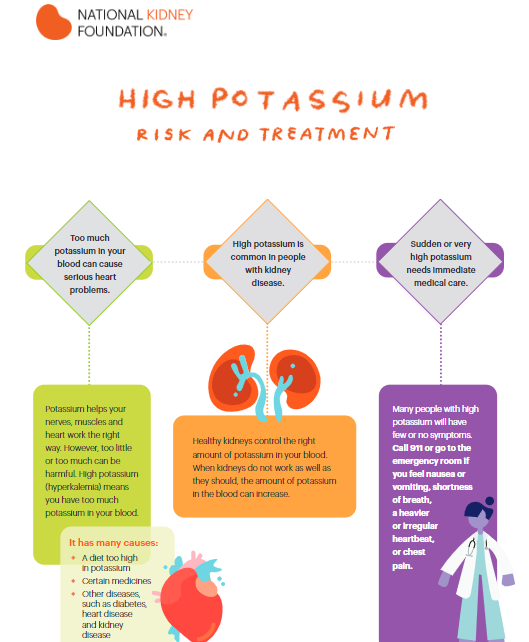Kidney disease is part of a larger Black Health crisis. National Kidney Foundation is here to help.
33% of American adults are at risk for kidney disease (yes, one in three people), and if you are Black or African American, you are more than 3 times as likely to have kidney failure compared to White Americans. This is largely driven by economic, structural, and social determinants of health that have unfairly impacted Black Americans, and as a result, Black populations have much higher rates of high blood pressure, diabetes, obesity and heart disease… all of which increases the risk for kidney disease. In addition, the way in which kidney disease was traditionally diagnosed underestimated the presence and/or severity of disease in Black or African American people delaying important interventions to preserve kidney function.
Take control of your kidney health in three simple ways to STOP or delay kidney failure.
Take the Quiz
Know Your Risk
The key is to find kidney disease as early as possible and understand its risk factors before the trouble starts. Find out YOUR risk in less than a New York Minute!
Take Control of Your Health
Know Your Numbers
If you are at risk, make an appointment with health care professional today!
Be Empowered
Join conversations, download check-lists, find recipes to help you live a longer, stronger, and healthier life.
Learn about Race, Ethnicity and Kidney Disease
Minority populations have much higher rates of high blood pressure, diabetes, obesity and heart disease, all of which increase the risk for kidney disease. Access to healthcare may also play a role. The key is to find kidney disease as early as possible and understand its risk factors before the trouble starts. Regular testing for everyone is important and is especially important for people at risk.
Just Diagnosed with Chronic Kidney Disease?
We can help you figure out your next steps
Everyone’s kidney disease journey is different. There’s so much to learn and to cope with that it can be overwhelming. That’s why the National Kidney Foundation created a simple survey tool to help you with a customized plan to help you every step of the way.
We can help you with what you need to know the way you need to know it! Kidney Pathways provides personalized learning based on your specific situation. Check it out!
Understanding the Causes
Additional Resources
Dialysis is a treatment that removes wastes and extra fluid from your blood when your kidneys are no longer able to do so effectively.
NKF Cares
Our Patient Information Help Line, NKF Cares, offers support for people affected by kidney disease, organ donation or transplantation. It's designed just for patients, family members and care partners. Speak with a trained specialist who will answer your questions and listen to your concerns. We speak English and Spanish and are available Monday - Friday from 9:00 am - 7:00 pm Eastern Time.
Call toll-free at 855.NKF.CARES (855.653.2273), email nkfcares@kidney.org or visit nkfcares@kidney.org.
NKF PEERS is a peer mentoring program, where kidney patients are connected via phone with trained mentors who have been there themselves. Peer mentors can share their experiences with dialysis, transplant, or living kidney donation with you.

High Potassium
Potassium helps your nerves, muscles and heart work the right way. However, too little or too much can be harmful. High potassium (hyperkalemia) means you have too much potassium in your blood and it could be impacting your kidneys.